What If...
Thanksgiving is a time to celebrate family and friends, gathering together for a meal, remembering that we are all so blessed, and thanking God for those blessings. Now, let’s take away the food, the family, the friends, the house, the table, the coats, and the heat. Let’s imagine that we celebrated Thanksgiving under those conditions. Are you still thankful? Would you be willing to give whatever you could to help someone in need? Why?
There is nothing wrong with friends, family, and having heat and a place to live; that is not the point I’m trying to make. In 2012, an article entitled “Income in perspective: America’s poor are among the world’s wealthy” in The Oregonian stated, “If your family income is $10,000 a year, you are wealthier than 84 percent of the world.” From this we can assume that most of us are very rich and blessed.
Back to the question: if you were poor, why would you be thankful when you have nothing? I think I can answer this question with an example I saw on Netflix called The Kindness Diaries. In The Kindness Diaries, a man travels around the world on motorcycle, depending on nothing more than the kindness of strangers. The thing that stood out most to me about this documentary was how the people who had the least offered him the most. Why is that? What makes them so generous?
NPR interviewed a psychology researcher that did a study on this very topic in a story entitled "Poor Are More Charitable Than The Wealthy". Here is a quick excerpt and summary of the story:
“Mr. PIFF: Well, we started out by recruiting adults and had them fill out an online questionnaire that essentially asked them to tell us what their socio-economic status was.
“Now, when we brought them into the lab, we said: You’re going to play a game in which you’re given 10 credits, which are going to be equal to cash at the end of the experiment, and we’re interested in knowing how many of those credits you want to give, if any, to a partner that you’ll never meet and who’ll never meet you.
“RAZ: Now, you knew, obviously, the socio-economic backgrounds of all these people. What did you find?
“Mr. PIFF: So interestingly and possibly counter-intuitively, we found that people who were actually ranking themselves as relatively high in their socio-economic status were less inclined to give points away than were people who ranked themselves as relatively lower in social class.
“So essentially, people who have more, or who identify themselves as having more, were or tended to give less in this just very simple task of generosity toward a stranger.
“RAZ: Was it on an order of magnitude? I mean, was it a significant difference?
“Mr. PIFF: It was, absolutely. It was a statistically significant difference, and what we found was that the lower-class people, or the relatively lower-class individuals, were inclined to give away 44 percent more of their points or their credits.
“RAZ: Were you surprised at what you found?
“Mr. PIFF: You know, I had expected this pattern might pan out given the earlier [studies] that we’ve done on the effects of poverty on people’s behavior toward others, but the findings that we had across experiments and across contexts in many ways speak against hundreds of years of economical thinking about how people would behave toward others when they’re in need.”
Wow! Poorer people are 44 percent more likely to give to strangers who will possibly give nothing in return.
Being more blessed than many and knowing that those with less tend to give more, how do we change? Don’t we want to give more and share our blessings more freely? According to Scripture, this is what Christ wants.
- Proverbs 11:25 (ESV): “Whoever brings blessing will be enriched, and one who waters will himself be watered.”
- 2 Corinthians 9:11 (NLT): “Yes, you will be enriched in every way so that you can always be generous. And when we take your gifts to those who need them, they will thank God.”
- Matthew 5:16 (ESV): “In the same way, let your light shine before others, so that they may see your good works and give glory to your Father who is in heaven.”
I’ll leave you with these two questions instead of exact instruction on what to do and what it looks like for you to give more. What if all those who were rich, blessed, and celebrating Thanksgiving this year gave like those who have less? How would the world change in just one day?
ACT: Give more this holiday season—more time, more money, more friendship, more love, more service!
